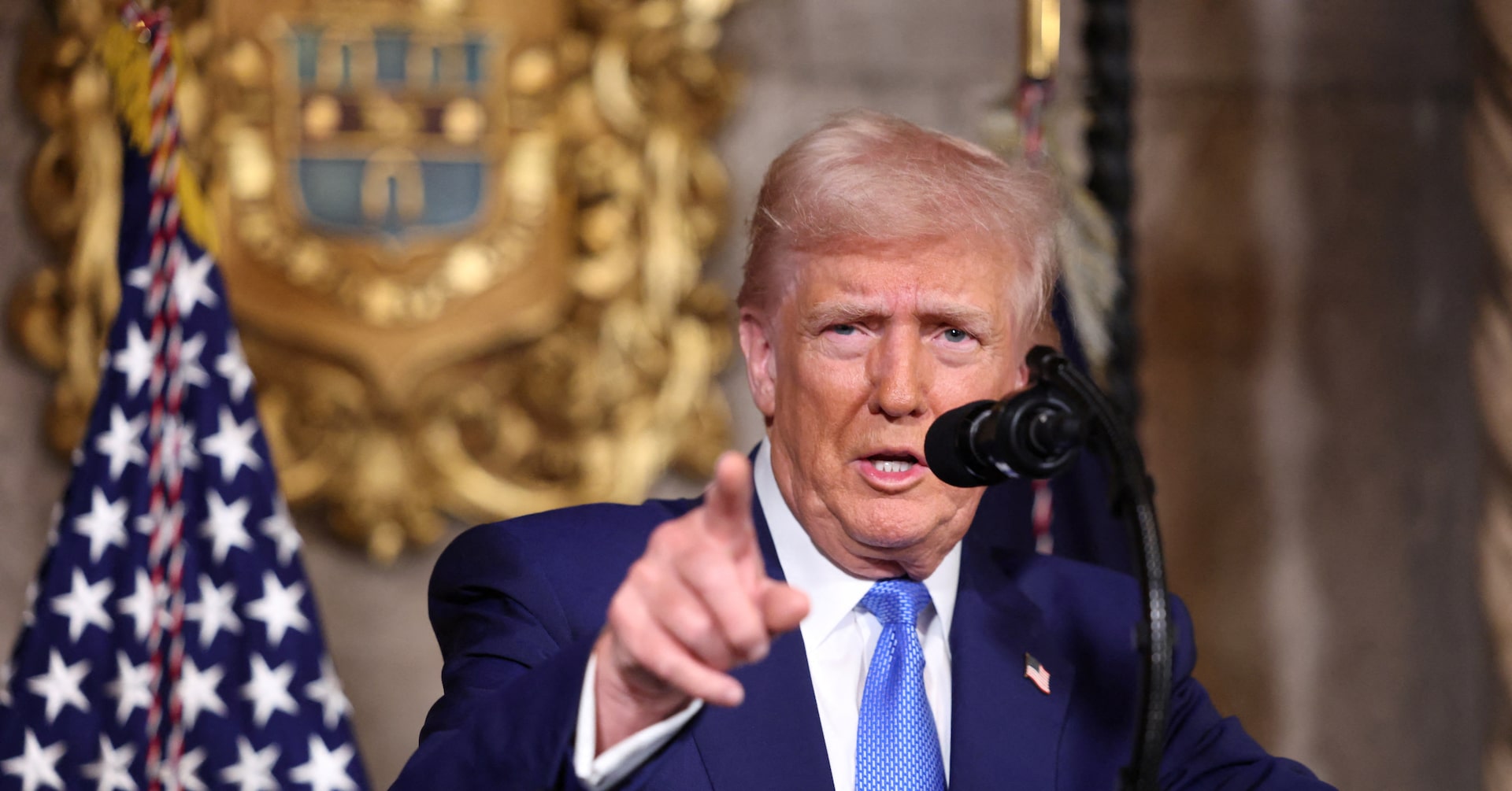PALM BEACH, Florida, Feb 18 (Reuters) – U.S. President Donald Trump announced his intention to impose tariffs of approximately 25% on auto imports, alongside similar duties on pharmaceuticals and semiconductor chips. These measures are part of Trump’s broader strategy to reshape global trade dynamics. The announcement came as Trump criticized the perceived unfair treatment of U.S. automotive exports in international markets, citing the European Union’s 10% tariff on vehicle imports compared to the U.S. rate of 2.5%. However, the U.S. imposes a 25% tariff on pickup trucks from countries other than Mexico and Canada. EU trade chief Maros Sefcovic is set to meet with U.S. officials to discuss these proposed tariffs. Trump reiterated his stance that the EU would lower its tariffs on U.S. cars, despite denials from EU lawmakers. Additionally, Trump mentioned that sectoral tariffs on pharmaceuticals and chips would start at 25% or higher, with plans for these rates to increase over the year. He aims to allow companies time to establish U.S.-based factories to avoid these tariffs. Since taking office, Trump has already imposed a 10% tariff on all imports from China and delayed 25% tariffs on goods from Mexico and non-energy imports from Canada. The potential 25% auto import tariff could significantly impact the global auto industry, which is still recovering from previous tariff threats during Trump’s first term. — news from Reuters
